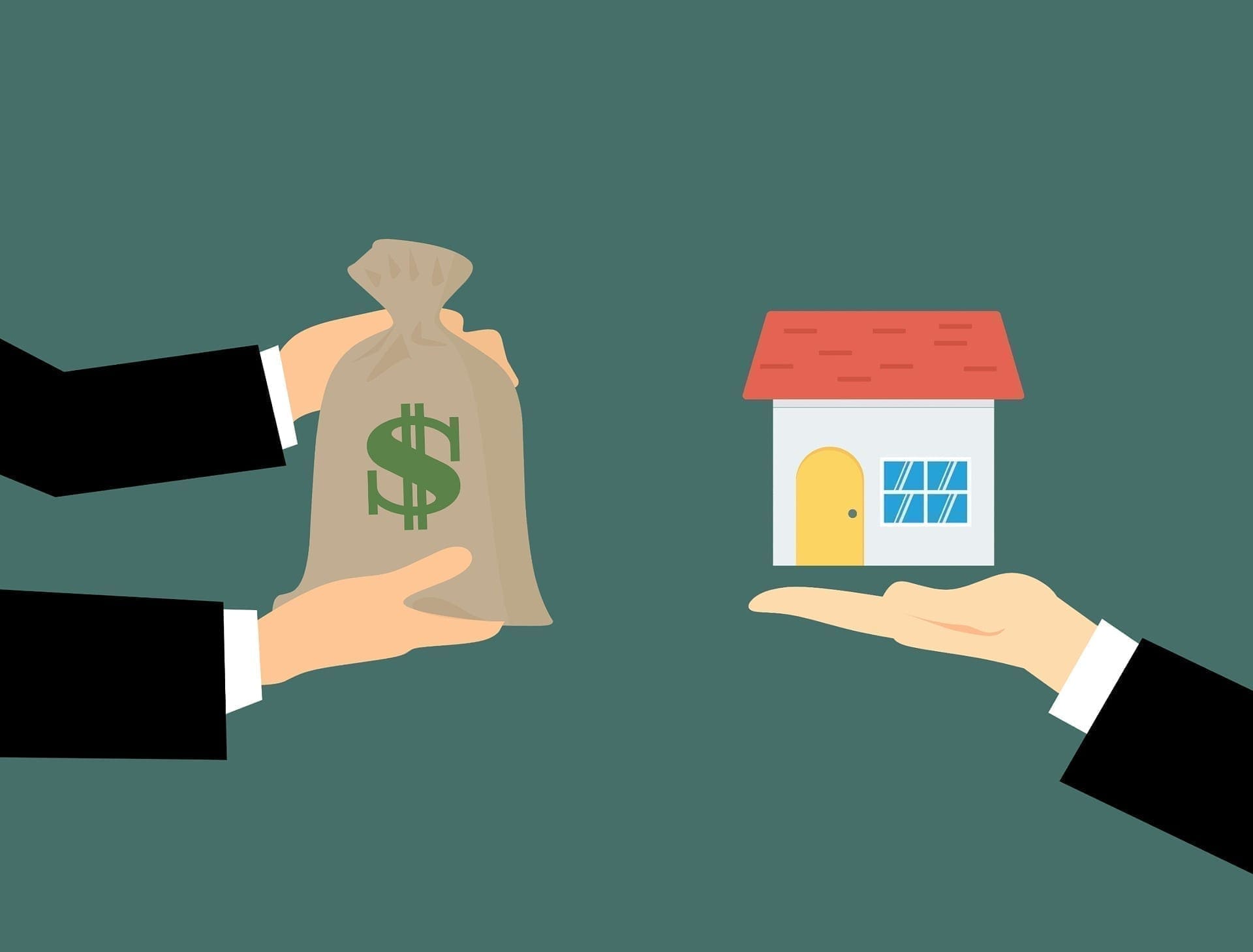If you’re a tenant, you’re probably familiar with the confusion and doubt surrounding the rights you’re entitled to in your rented property.
It’s important to have a good understanding of the landlord-tenant law so that you know what responsibilities to hold yourself AND your landlord accountable for.
Here’s 5 parts of the landlord-tenant law that you should know about:
1. Landlords must provide tenants with a document called “Notice of Landlord,” which contains contact information for the landlord or someone who is acting on the landlord’s behalf (such as a property manager). The notice must be written, dated, and signed. It must include the landlord’s name, mailing address, and physical location. If the landlord has a property manager, then the property manager’s name, mailing address, and physical location may be provided instead of the landlord’s. The lease can act as notice of landlord if the lease has all of the relevant and required information.
2. In Alberta, your landlord can only increase your rent once every 365 days. There is no limit on this increase; the landlord can increase the rent by $700 if they please, as long as it doesn’t happen more than once a year.
3. If tenants are sharing a rental property and each paid part of the security deposit, the landlord is under no obligation to return part of the security deposit if one tenant moves out early. The security deposit is usually only returned when the tenancy ends. When the security deposit is returned at the end of the tenancy, the landlord must make the cheque out to all of the original tenants named on the lease, even if one of the tenants has already left the premises.
4. Tenant MUST provide a forwarding address to the landlord. In the event that the tenant does not provide this information, their deposit will be returned to the last known address (which is likely the property you have moved out of).
5. A landlord can charge any fee they please for their services, as long as it is a fee and not a “deposit”. A deposit cannot be more than that of one month’s rent, so charging extra deposits on top of that amount is illegal. However, the landlord is welcome to charge extra fees monthly or otherwise; for example, some landlords choose to charge a fee for any pets that reside at the property. A landlord is welcome to charge $100 monthly per pet, as long as it is non-refundable.
For more information on the landlord-tenant law in Alberta, click here.
Have other questions about being a tenant in a managed property? Ask us here! We’re happy to help.
Article written by Tilt Operations Specialist Heather LePage.






